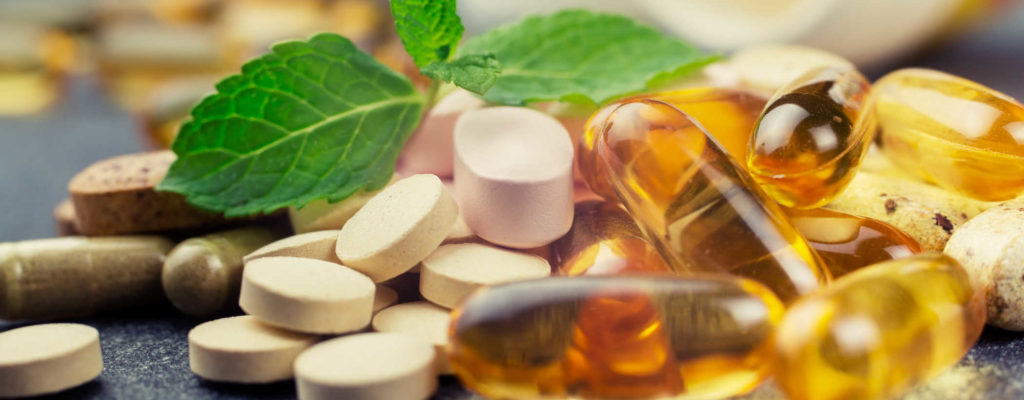
Supplementing with vitamins and minerals for pregnancy is one of the ways to help you have a healthy pregnancy. Besides essential vitamins and nutrients, vitamin D and omega-3 fatty acids play an important role in fetal development.
1. The importance of vitamin D
Vitamin D is very important during the last 3 months of pregnancy, when the baby's calcium requirements increase. Most prenatal vitamin supplements do not contain the optimal amount of vitamin D needed. In addition to the prenatal vitamin supplements, you should drink milk with vitamin D or calcium-rich foods contain vitamin D . If you don't drink milk or eat other calcium-rich foods, you should take calcium and vitamin D supplements.
Foods rich in vitamin D
Fish liver oil, oily fish, fortified milk, eggs, whole grains all contain vitamin D.
Here are some of the food sources with the highest vitamin D content:
90 g of cooked catfish: 570 IU;
100 g of cooked salmon: 360 IU;
100 g of cooked mackerel: 345 IU;
50 g canned sardines, drained: 250 IU;
240 ml of fortified milk with vitamin D: 100 IU;
240 ml of orange juice: 100 IU;
240 ml of skim milk: 98 IU;
15 g margarine: 60 IU;
240 g of instant cereals: 40 IU;
1 egg yolk: 20 IU.
2. The importance of omega-3 fatty acids
Prenatal supplements usually do not contain omega-3 fatty acids. The benefits of omega-3 in fetal development are not yet clearly proven, but some studies have shown that omega-3s help develop your baby's brain during pregnancy. If you cannot or cannot eat fish or other omega-3 rich foods, consult your doctor about the omega-3 fatty acid supplements or supplements that are right for you.
Food sources of omega-3 fatty acids
There are three types of omega-3 fatty acids in foods:
Alpha-linolenic acid (ALA);
Docosahexaenoic acid (DHA);
Eicosapentaenoic acid (EPA).
ALA is found in certain vegetable oils, such as canola oil, soybean oil, flaxseed oil, walnut oil, walnuts, and flaxseeds.
Other omega-3 fatty acids are only found naturally in fish and other seafood. The best sources of EPA and DHA are oily fish such as herring or salmon.
Fish is the most effective source of omega-3s because fish is high in EPA and DHA. If you eat fish during pregnancy, your baby will be provided with lots of healthy omega-3s.
The Department of Health recommends that you eat at least 150 grams of cooked fish per week. You can also get the omega-3 fatty acids EPA and DHA through eggs, fish oils, and other foods rich in EPA and DHA. A healthy diet containing omega-3 fatty acids derived from food sources other than fish is also believed to be safe for your pregnancy.
Choose to eat fish with low levels of toxins such as mercury at reputable stores and supermarkets.












